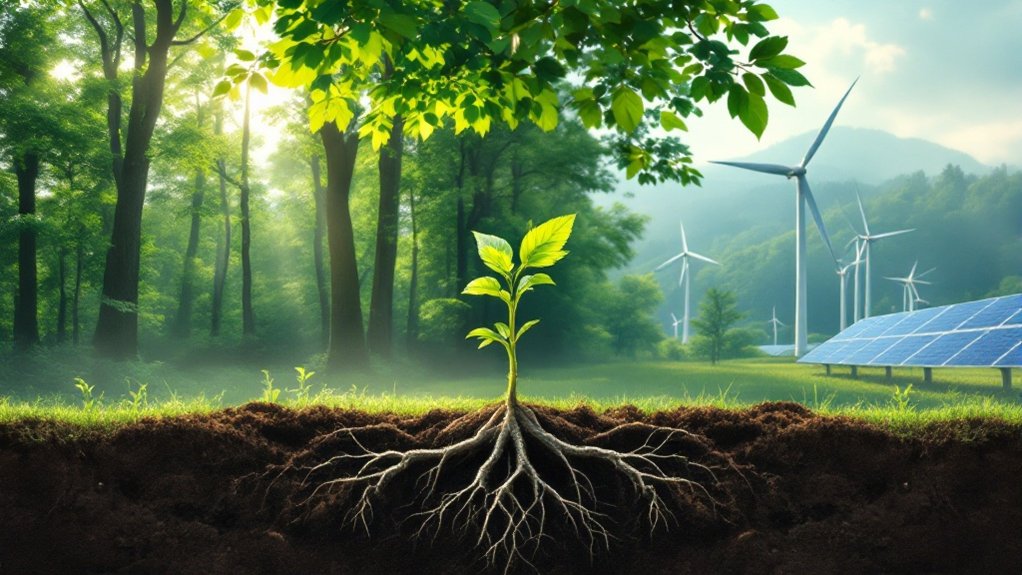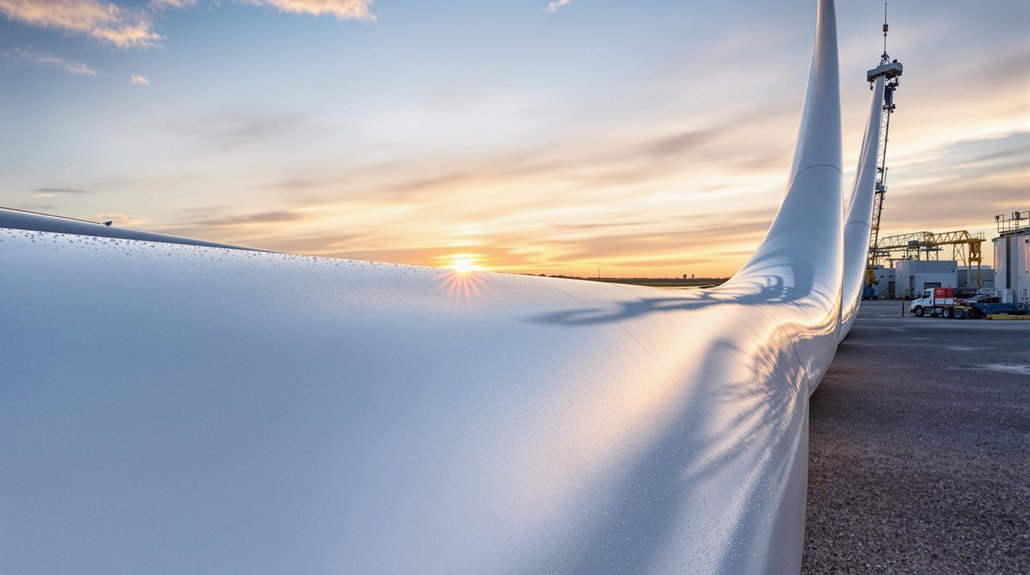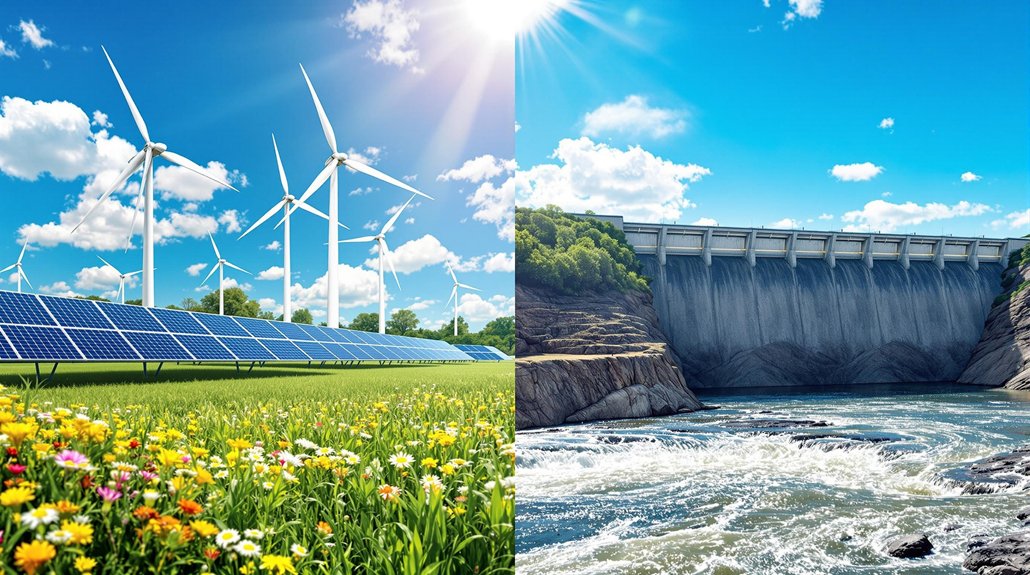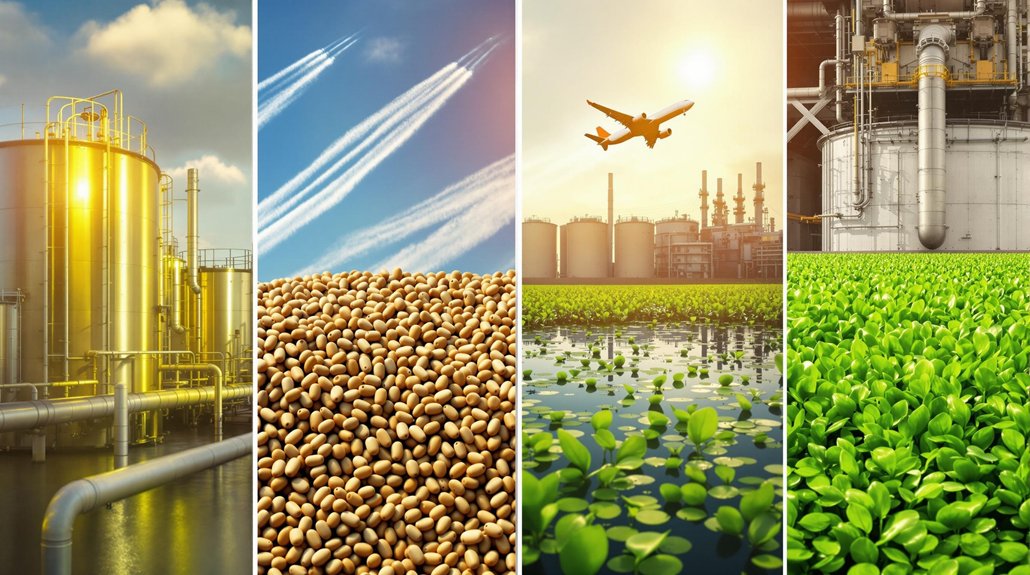Carbon offsetting companies are riding the climate anxiety wave all the way to the bank, with industry giants like Terrapass and Atmosfair dominating a massive $414.8 billion market. These companies help businesses and individuals ease their eco-guilt through various projects, from planting trees to capturing methane from landfills. While skeptics cry “greenwashing,” the industry keeps expanding, with the European market controlling 80% of global trade. The real story lies in how these companies actually deliver on their green promises.

The quest to absolve our carbon sins has created quite the profitable cottage industry. What started as a niche market has exploded into a $414.8 billion behemoth, with projections showing it’ll hit $1.6 trillion by 2028. That’s some serious green for going green. Companies like Terrapass, Atmosfair, and Myclimate are cashing in on our collective guilt, offering everything from air travel offsets to e-commerce carbon neutrality solutions. These platforms partner with verified standards organizations to ensure project quality and legitimacy.
Carbon offsets have morphed from eco-conscious niche to trillion-dollar titan, turning environmental guilt into a booming global marketplace.
The voluntary carbon market, worth a measly $2 billion in 2020, is expected to rocket to $250 billion by 2025. The European market dominates with market share dominance of nearly 80% of global carbon offset trading. It’s amazing what a little climate anxiety can do for business growth. Leading the charge are heavy hitters like Verra, ACX, and Ecosecurities, who’ve positioned themselves as the gatekeepers of carbon virtue. They’re making sure your money actually plants trees or captures methane, instead of disappearing into thin air – pun absolutely intended. Native Energy alone has achieved 60 million tonnes of CO2 equivalent reductions through their verified projects.
These offset projects come in all shapes and sizes. Some companies are going old school with reforestation, while others are getting tech-savvy with methane capture and landfill gas projects. It’s not all smooth sailing, though. The industry faces some pretty thorny issues, like proving these projects wouldn’t have happened anyway (that’s “additionality” for the carbon offset nerds), and fighting off accusations of greenwashing.
The future of carbon offsetting is looking decidedly high-tech. Blockchain technology is muscling its way in to make transactions more transparent, and AI is being developed to verify offset claims. Nature-based solutions are gaining traction, and there’s growing interest in blue carbon projects – that’s coastal ecosystem stuff for the uninitiated.
Corporate sustainability goals and government regulations are driving this growth, along with a healthy dose of public pressure. Let’s face it: nobody wants to be the company that ignored climate change. The carbon offset market isn’t perfect, but it’s evolving faster than a Tesla’s acceleration curve.








